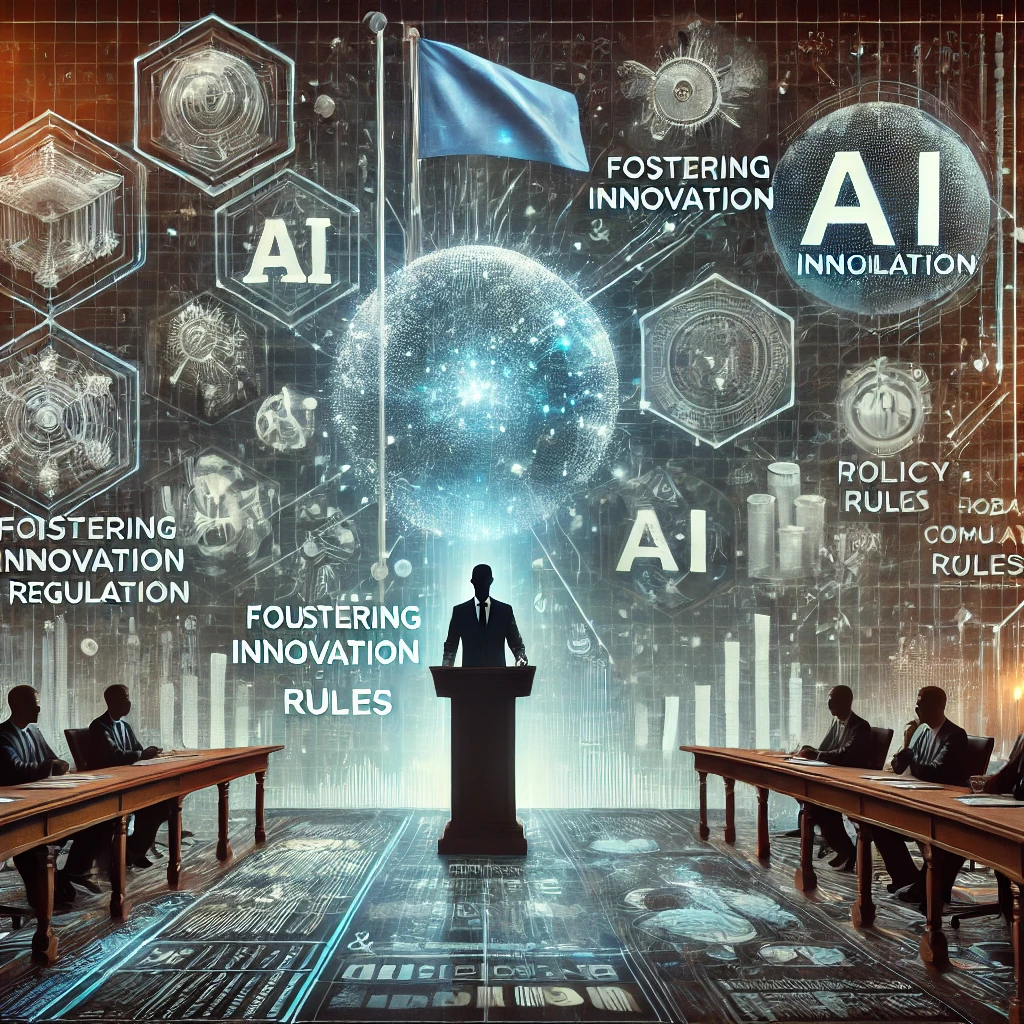As artificial intelligence (AI) continues to revolutionize industries, a heated debate has emerged about the role of government regulation in the development and deployment of AI technologies. Many leaders in the tech world, as well as political figures, are warning that over-regulation may stifle innovation and hinder competitiveness in the global AI race.
The core concern is that overly stringent AI regulations could slow down the speed of AI advancements, particularly in regions like Europe, which is taking a more cautious approach. Critics argue that such regulations could push companies and talent out of regulated markets and into regions with more relaxed rules, allowing countries like the United States and China to dominate the AI landscape. These countries have embraced a more open approach, encouraging rapid AI experimentation and development.
However, proponents of regulation maintain that unchecked AI growth poses significant risks, from ethical concerns about bias and fairness to the potential misuse of AI in surveillance and warfare. The challenge, they argue, is to find a balance that allows for responsible AI innovation without compromising public safety and ethical standards. As the global AI competition intensifies, the question remains: Can the right regulatory framework be created that fosters innovation while protecting society from the potential downsides of AI?


